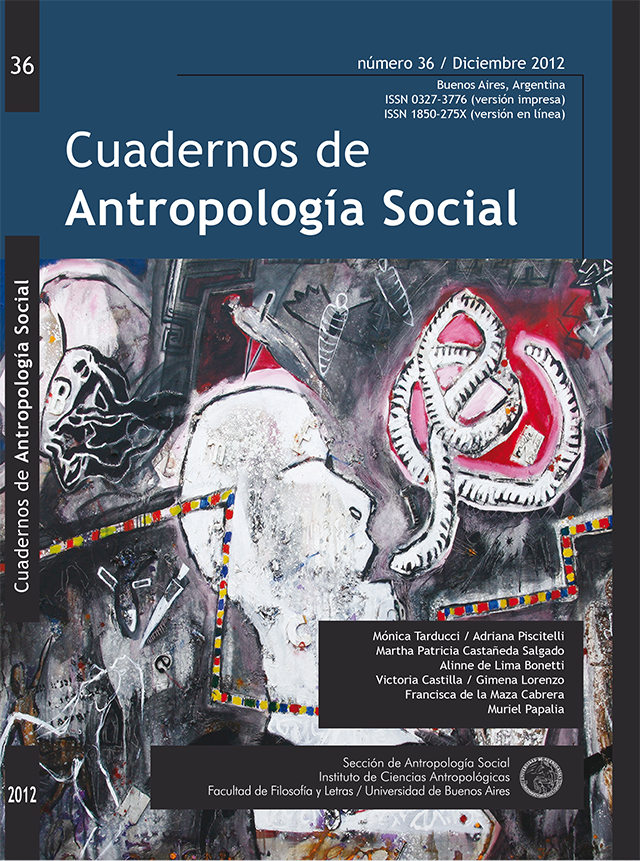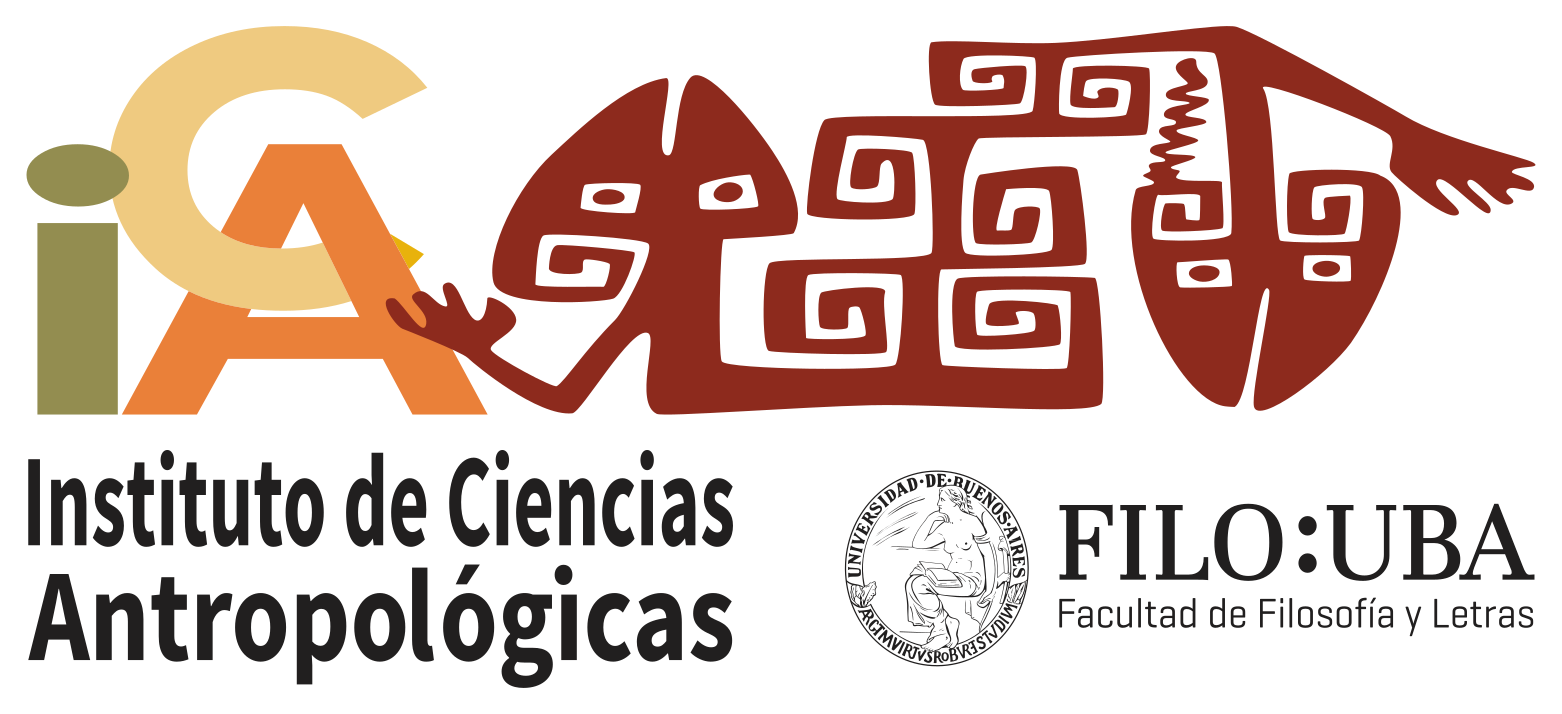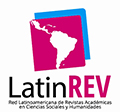The "indigenous" notion in local state practices. The case of three township of Araucania, Chile
Abstract
This article presents an ethnography regarding the notion of the "indigenous" in the State practices in three townships in the Araucania region. Since 1993, the Chilean government has implemented several actions, including social and development programs, based on the "politics of difference" or "recognition", according with the Indigenous Law, 19.253. This has been incorporated in different expressions of recognition in several everyday social and local practices and interactions, among local state agents, indigenous and non-indigenous citizens. Some of them have been institutionalized, such as the celebration of Wetripantu ("Mapuche's New Year"), while others emerge in the everyday interactions between state and citizens living in the township. This article seeks to unravel these practices in the annual routine, its goal is to contribute to the understanding of how the indigenous-oriented state politics at a national level impact the social interactions at the local level.Downloads

Esta obra está bajo una Licencia Creative Commons Atribución 4.0 Internacional
Cuadernos de Antropología Social sostiene su compromiso con las políticas de Acceso Abierto a la información científica, al considerar que tanto las publicaciones científicas como las investigaciones financiadas con fondos públicos deben circular en Internet en forma libre, gratuita y sin restricciones.
Los contenidos y opiniones expresadas en los artículos publicados son de entera responsabilidad de sus autores.
Los autores/as que publiquen en esta revista aceptan las siguientes condiciones:
- Los autores/as conservan los derechos de autor y ceden a la revista el derecho de la primera publicación, bajo la licencia de atribución de Creative Commons, que permite a terceros utilizar lo publicado siempre que mencionen la autoría del trabajo y a la primera publicación en esta revista.
- Los autores/as pueden realizar otros acuerdos contractuales independientes y adicionales para la distribución no exclusiva de la versión del artículo publicado en esta revista (p. ej., incluirlo en un repositorio institucional o publicarlo en un libro) siempre que indiquen claramente que el trabajo se publicó por primera vez en esta revista.















